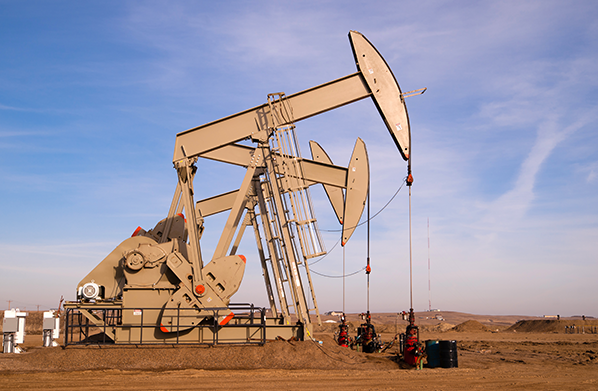In a column headlined "Frack, Baby, Frack," the American Interest magazine explains how fracking improves the lives of American families in shale-rich regions. The column quotes from a Financial Times report (subscription required):
Increased oil and gas production in the US is on average worth a net $1,900 per year to households in the areas where activity is highest, according to the first research to break down the impact of the shale boom on individual areas. […]
The US economists have attempted to pin those down for the first time by comparing counties in shale regions with higher levels of oil and gas production, reflecting the more productive reserves in the rocks under their feet, with counties with lower production.
On average, counties with more production have household wages that are 8 per cent higher and house prices that are 6 per cent higher than in areas with less activity.
In the U.S. land owners also own the mineral rights to their property. This, as the column points out, has far-reaching effects:
That means that, unless these rights were severed and sold off prior to one’s purchase of a parcel of land, one owns everything buried underneath the ground, not just what’s on the surface. Many Americans might take that for granted, but it’s something of an outlier globally, and these mineral rights have helped overcome local Not-In-My-Back-Yard (NIMBY) opposition to the controversial drilling practice.
They are, in other words, one of the key reasons why shale has been thus far a uniquely American success story.
But it’s not only the landowners living directly atop productive shale reserves that benefit financially from the interest of oil and gas companies. Entire communities are enjoying the ripple effects of the shale boom—households in North Dakota’s Bakken shale region are more than $9,000 better off per year as a result of fracking.
The shale revolution can bring with it plenty of disruption: noisy rigs, pipeline construction, and an influx of freight traffic by truck and train don’t exactly sound appealing. But money talks, and the parts of the country that have undergone this significant change in lifestyle during the decade that shale has taken off are also, on average, better off financially than those that aren’t.
When affluent environmentalists condemn fracking, they should at least be reminded of the benefits to families in shale regions–and maybe also be reminded about how property rights traditionally have worked to the benefit of citizens of the U.S.


